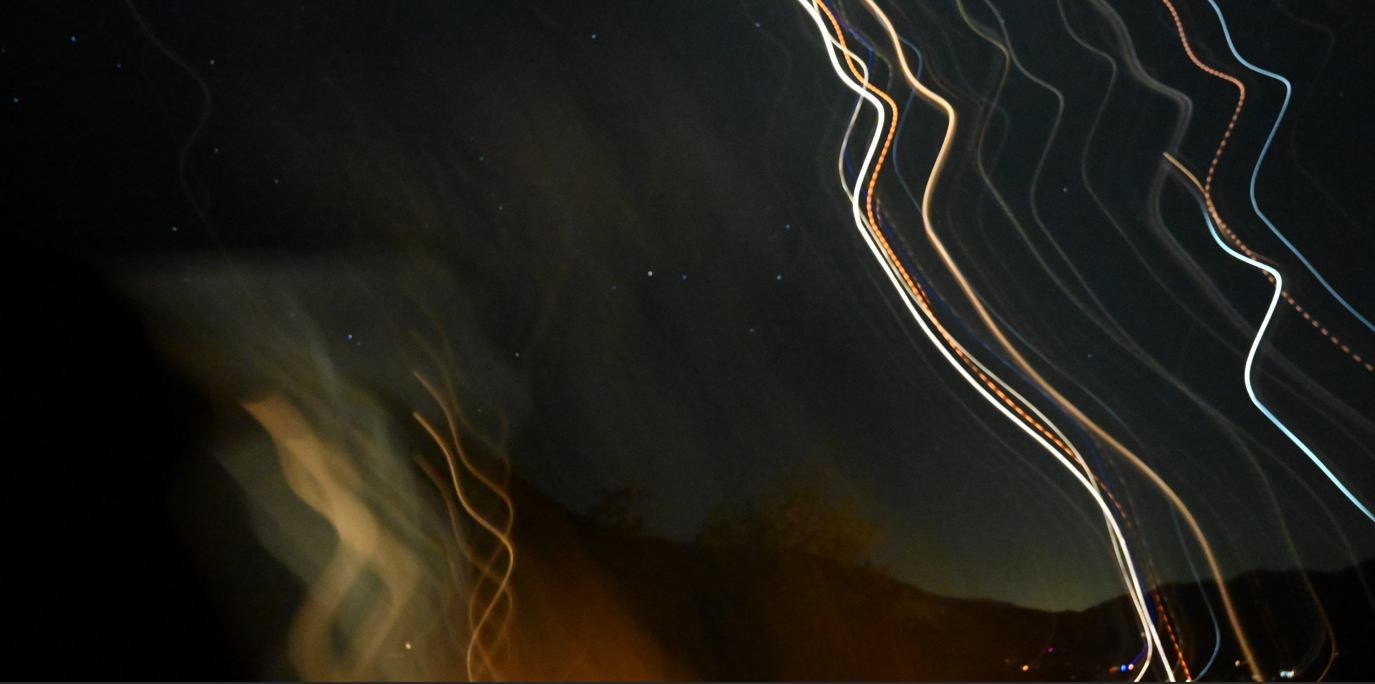Following a reading given by one of my professors, I spent a solid twenty minutes fielding questions from a potential MFA applicant. I had some thoughts….
Prior to my first of two rounds of MFA applications (way) back in 2015, I had all the same questions, the most significant being Is it worth it? The individual who approached me was in a startlingly familiar position. She has a great job, lives in a city she loves, and the idea of giving all of that up, even temporarily, for an arts degree, is enough to make one cringe. I’ve just completed my first of three years in my MFA program, and the summer has afforded me plenty (too much?) of time to consider my decision. There is no advice here. I’m not interested in telling people whether or not they should go for it. I’m just putting some thoughts down here.
For context, I am a white, gay, cis-male writer with a bachelors degree in music education and performance.
Geography:
Prior to beginning the MFA, I’d spent my whole life on the east coast. Moving to Ohio was tough at first (mainly because I missed my friends, my job, my $, and my partners). I could probably write plenty that would confirm an east-coaster’s stereotypes about the midwest, but I won’t. The truth is, Columbus is fine. It doesn’t feel like any city I’ve ever lived in (I wish the public transportation were better, I wish it were easier to get decent pizza by the slice, I wish there were mountains). I wouldn’t want to live a whole life here, but for three years, it will do just fine. The coffee is good, the drinks are cheap, there is SO much beer (sorry hips), and there are some decent places to eat, you just need to meet someone who knows their way around.
The People
I love my cohort. There are a handful of hardworking, talented writers here that have made me better as a writer and as a person. I was so pleased to find the program queerer than I anticipated, though, at the moment, it is overwhelmingly white. This is changing. I’ve also had the benefit of working closely with several professors who have been very generous with their time, and the visiting writer roster had some real standouts. I personally benefit from a hands-on approach when it comes to mentorship (don’t mince words, tell me what I’m fucking up and help me fix it) and that is definitely not the default here. I’ve learned that I really have to advocate for myself if I want this kind of feedback, and I totally get why.
The Program
I came here to write, not to teach, but the load is so manageable. (disclaimer: I have a degree in education and I taught public school for five years) I think I’m more jaded than most when it comes to the teaching profession. Most of my cohort was on fellowship last year, so I was one of the few that actually had to teach. If you’ve never taught before, and/or you want to work in academia, teaching is a necessity. It’s actually the most important profession there is. I have found that I have the time to give my students the attention they need, and to work productively. Is it ideal? No, but it is a pretty sweet deal.
My Writing
I have so much more time to devote to my writing than I ever have, and it is still not enough. I don’t think there will ever be enough hours in the day, days in a year, years in my life, to write what I want. I work with such urgency, it has actually become a liability (negative mood, low self-esteem, ect) but therapy and a supportive partner helps 🙂
That said, I haven’t published as much as I’d hoped by this point. Much of my first year was spent learning precisely what it is about my writing that makes it good. I also spent a good deal of time fretting about what others could do on the page that I couldn’t. But I got my first major acceptance about a month after spring semester ended, and I feel really hopeful about the work I currently have in the pipeline.
Summary
If you are about to begin an MFA program in the fall, best of luck! I know I said I wouldn’t offer any advice here, but I’ve got some anyway. After two grueling, competitive applications seasons, it was easy for me to see my acceptance as a point of arrival. I felt like I’d made it. That feeling went away pretty much immediately after I began. A year in, I’m just coming around to the perspective that my three years in the MFA will not define my career as a writer, nor will it define me as a human being. It is just another phase (alright chapter) of my life. Just like every previous phase, I have to work hard to find meaning, to find joy, to build and maintain relationships, to take care of myself, to become better as a person, an artist, and a professional. Despite the rarefied environment of academia, despite the oppressive past and present of the Institution, it is still real life. What you do in that time matters, and so does what you do afterwards.
